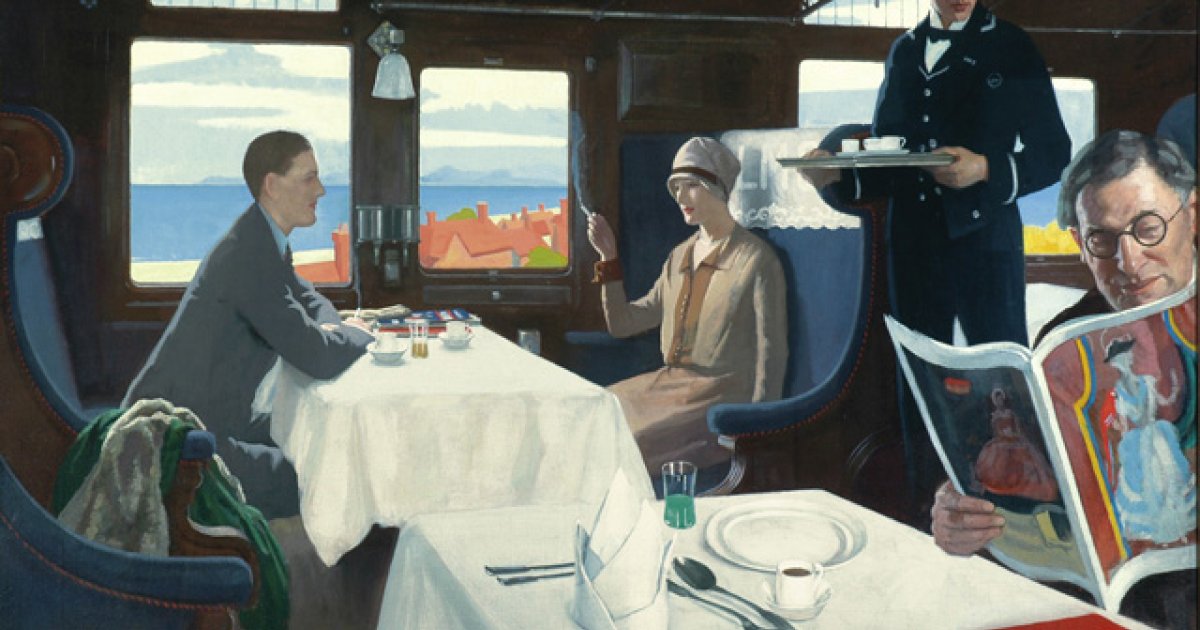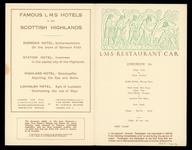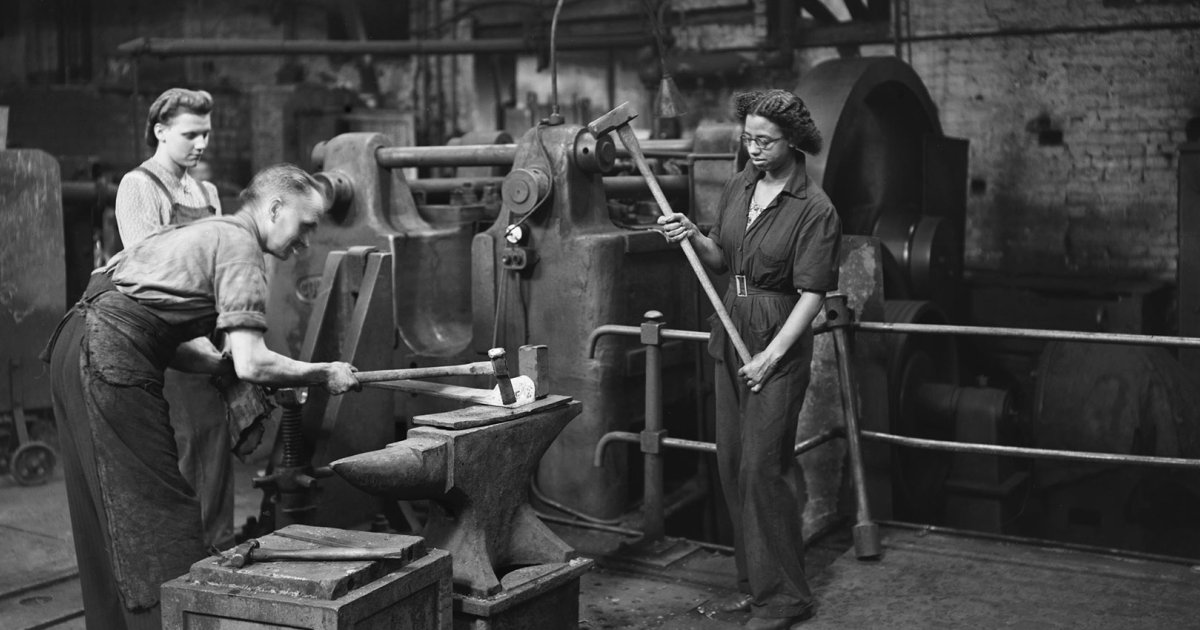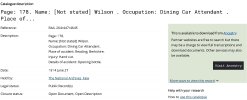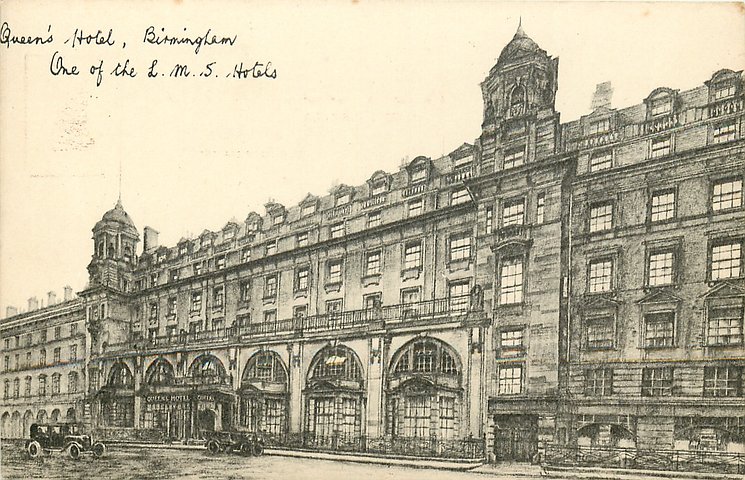Good Morning
Could anyone assist me in trying to find information regarding a rail employee (my Maternal Grandfather) based in and around St Pancras in 1928 to 1939.
His name was Albert or Alfred Wilson, born 1900. However, although unlikely, its possible he may have been registered for employment under his birth name, Albert Spiers.
I only know that during this period, he worked on the railways in London (lived at addresses near St Pancras) and on his children's birth certificates he gives 'DINING CAR ATTENTANT' as his occupation - assuming he was being accurate and honest.
1. What service or train company would a dining car attendant likely to have worked?
2. Does anyone know if records might exist of such an employee at that time?
3. How can I go about discovering if anything exists of this man's career?
4. Is it possible this man's rail employment can be found (in ANY capacity) at the time?
4. Can anyone provide any background/information on the likely employment and routine of a Dining car attendant?
I admit that this has been a fruitless search so far, but I'm hoping that this forum may have more knowledgeable minds than mine.
Regards
Bob
Could anyone assist me in trying to find information regarding a rail employee (my Maternal Grandfather) based in and around St Pancras in 1928 to 1939.
His name was Albert or Alfred Wilson, born 1900. However, although unlikely, its possible he may have been registered for employment under his birth name, Albert Spiers.
I only know that during this period, he worked on the railways in London (lived at addresses near St Pancras) and on his children's birth certificates he gives 'DINING CAR ATTENTANT' as his occupation - assuming he was being accurate and honest.
1. What service or train company would a dining car attendant likely to have worked?
2. Does anyone know if records might exist of such an employee at that time?
3. How can I go about discovering if anything exists of this man's career?
4. Is it possible this man's rail employment can be found (in ANY capacity) at the time?
4. Can anyone provide any background/information on the likely employment and routine of a Dining car attendant?
I admit that this has been a fruitless search so far, but I'm hoping that this forum may have more knowledgeable minds than mine.
Regards
Bob

